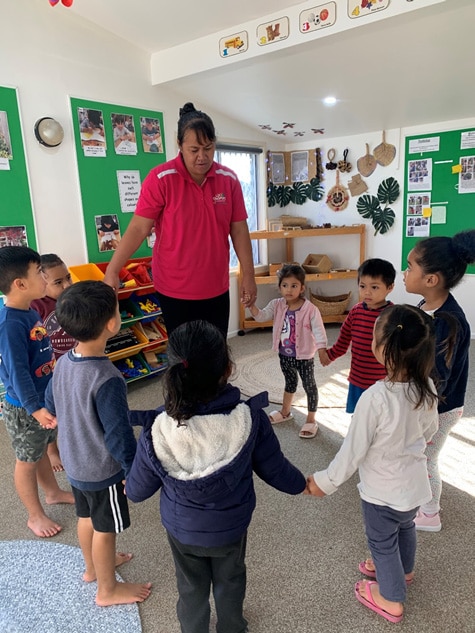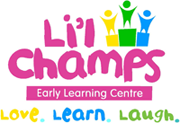The Image of the Child
We believe children are competent, curious, full of knowledge, potential, and interested in connecting to the world around them. They can construct their own learning. Children are natural researchers: they question what they see and think, hypothesize, make predictions, experiment and represent their discoveries. Teachers are deeply aware of children’s potentials and construct all of their work and environment of the children’s experience to respond appropriately.
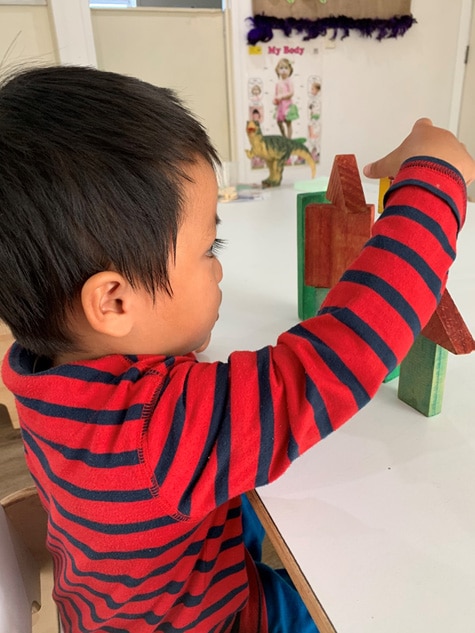
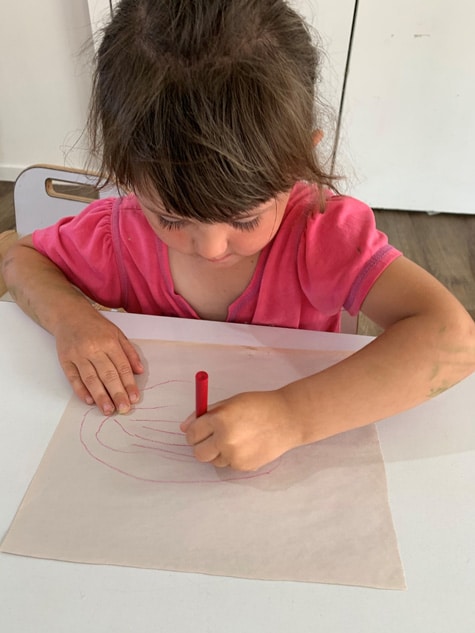
An Emergent Learning Process
Play-based and enquiry-based learning challenge and engage children to make sense of the world. It centres around the children’s interests and wonderings about the world. Through exploration of intentional materials children are able to construct their own knowledge and understandings. Play and learning is therefore about the process and not product. Play is used to maximize each child’s potential in literacy, numeracy, social, physical and emotional development.
Relationships: The Role of Families
A strong home/school connection will assist us in inspiring your child to think deeply about the world and their own particular interests. Parents are encouraged to be partners in learning and can extend the experiences to real world activities that happen in the home. When children see positive interactions between parents and educators, they begin to understand the importance of building healthy relationships. Children feel safer with teachers and staff who are visibly respected and trusted by their parents, and this allows them to feel comfortable and focus on learning.
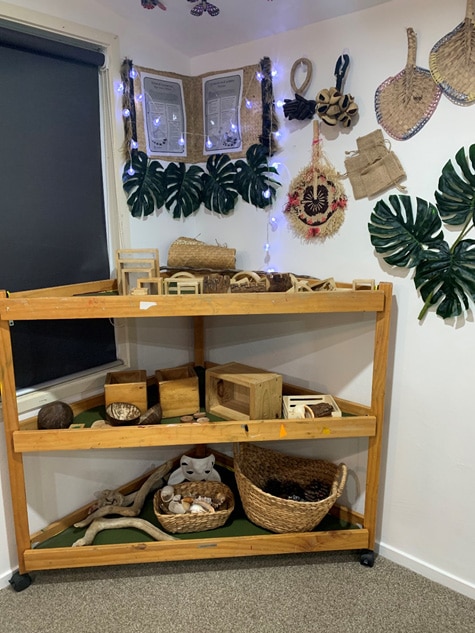
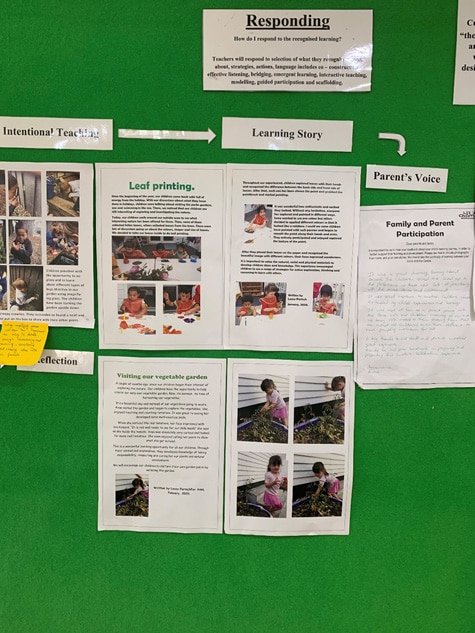
Documentation
Together educators and early learners communicate and present learning journeys through making their own thinking visible with documentation. Teachers honour and value children’s ideas through observations, documentation (videos, photographs, writing portfolios, planning books) and reflections. It helps to track children’s learning and thinking in order to plan where to go next and how to scaffold children’s thinking. Visible documentation allows children to take pride and ownership over that thinking.
Te Tiriti O Waitangi
We encourage and welcome members of our community and families into our centre to pass on their knowledge of Māori culture, heritage and language. We provide a range of resources that reflects the Māori culture. We believe in working together to strengthen home-school relationships and aspirations of Māori whānau which reflects in our daily practices and curriculum planning. Promoting and protecting the mana of children is critical to their learning and development.
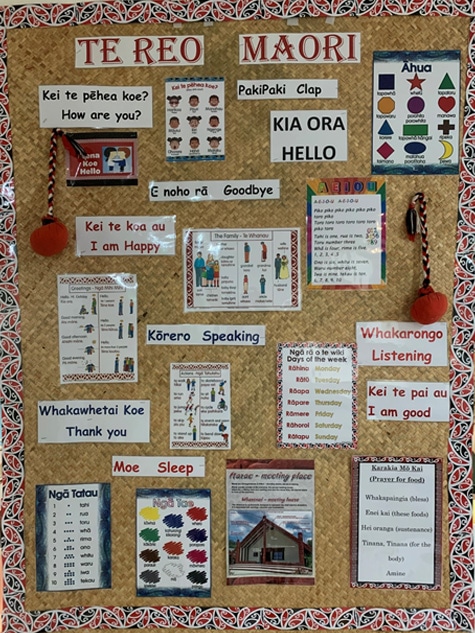
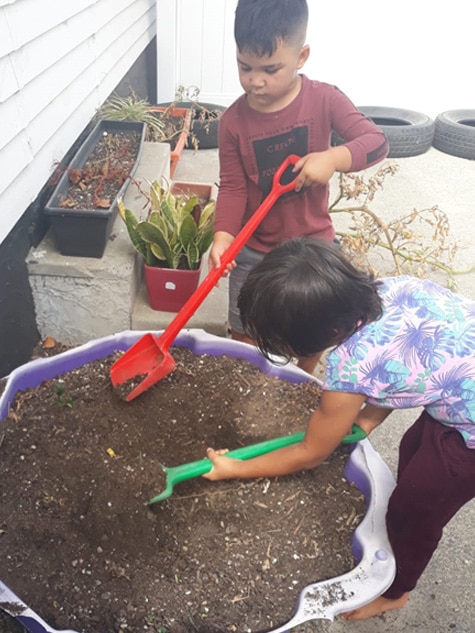
Sense of Belonging
Belonging is nurtured through social interaction with teachers and other children and by respecting the achievements and aspirations of each child’s family and community. We believe in children to feel like they belong for them to grow into strong individuals, healthy in mind, body and soul. All children regardless of where they come from, what language they speak and past experiences have a right to be part of something, to feel included and to feel equal and respected by others.
Cultural Diversity
We believe in the importance of promoting quality learning environments for children that are culturally and developmentally appropriate. We support consistently warm and caring relationships between families and their children, respect families’ languages and cultures, and incorporate those languages and cultures into the curriculum, teaching practices and the learning environment. Cultural diversity provides us with a range of opportunities for children and families to celebrate differences.
